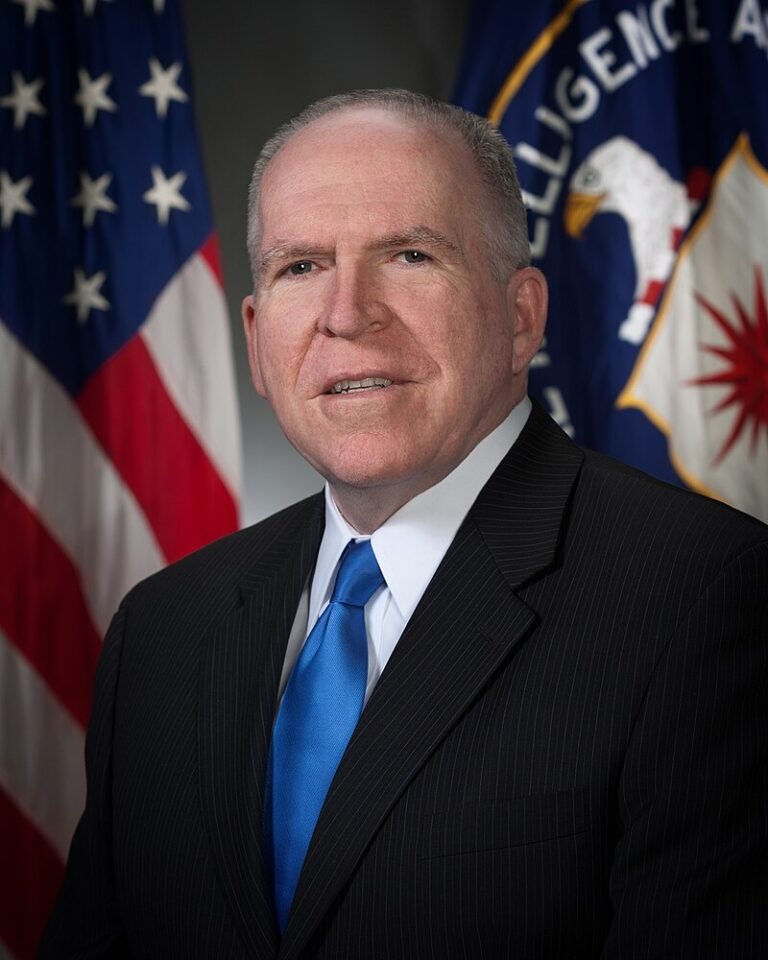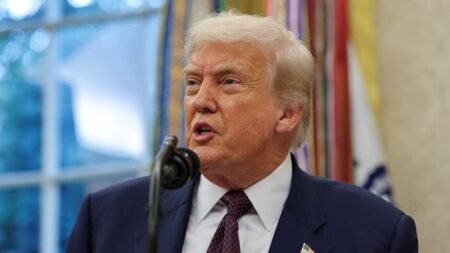John Owen Brennan, known widely as CIA Director John Brennan, served as one of the most influential intelligence figures in recent U.S. history. Born on September 22, 1955, Brennan rose through the ranks of the Central Intelligence Agency, where he left a lasting mark through decades of work in counterterrorism, Middle Eastern affairs, and national security strategy. His time as CIA Director from 2013 to 2017 under President Barack Obama placed him at the center of several major events that shaped American foreign policy and intelligence operations.
Before his directorship, CIA Director John Brennan had already built a strong reputation within the agency. He joined the CIA in 1980 and spent years focusing on the Middle East, even serving as station chief in Riyadh, Saudi Arabia. Fluent in Arabic, Brennan became known for his regional expertise and strategic thinking. He also served as a daily intelligence briefer for President Bill Clinton, offering him a closer view of White House-level decision-making.
In the years following the 9/11 attacks, Brennan took on increasingly important roles in the intelligence community. He helped establish the Terrorist Threat Integration Center in 2003 and became the director of the National Counterterrorism Center in 2004. His work focused on uniting information from different intelligence agencies to better respond to terrorist threats. By the time Barack Obama took office, Brennan was already seen as a trusted advisor and was soon appointed as Homeland Security Advisor in 2009. In that role, he became a key architect of the U.S. drone strike policy and targeted killing program, particularly in regions such as Yemen and Pakistan.
In 2013, President Obama appointed John Brennan as CIA Director. During his tenure, Brennan dealt with several controversial issues. One of the most debated was the CIA’s use of drone strikes to eliminate terror suspects overseas. These actions were part of the Obama administration’s broader counterterrorism policy but drew criticism over civilian casualties and legal transparency. Brennan also oversaw the agency during the fallout over its enhanced interrogation techniques. A major flashpoint came when it was revealed that the CIA had accessed computers used by Senate Intelligence Committee staffers who were investigating the agency’s past practices. Though Brennan initially denied the allegations, he later admitted to the breach and issued a rare apology, acknowledging that the agency had crossed a line.
After leaving office in 2017, CIA Director John Brennan became a prominent critic of President Donald Trump. He continued to defend the intelligence community’s assessment that Russia interfered in the 2016 U.S. election to support Trump’s candidacy. This stance put him at odds with the Trump administration and ultimately led to the revocation of his security clearance in 2018. Brennan remained active in public discussions on intelligence, national security, and democracy, writing a memoir titled “Undaunted: My Fight Against America’s Enemies, at Home and Abroad” and serving as an analyst for major news outlets.
Recent developments have placed Brennan back in the headlines. As of 2025, federal investigators have launched a criminal probe into Brennan’s actions related to the 2017 Intelligence Community Assessment (ICA). This assessment concluded that Russia interfered in the 2016 election, a finding that has since come under renewed scrutiny. A recently declassified CIA review revealed flaws in how the ICA was assembled, including the inclusion of the discredited Steele Dossier. New evidence suggests that Brennan supported including the dossier in the report, despite later telling Congress in sworn testimony that he had opposed its inclusion. This apparent contradiction is now at the center of a criminal inquiry, with investigators examining whether Brennan knowingly misled lawmakers or violated internal intelligence protocols.
CIA Director John Brennan’s legacy remains complex. He has been praised for modernizing the CIA and strengthening U.S. counterterrorism capabilities. At the same time, his name is tied to some of the most debated intelligence practices of the 21st century. As investigations continue, the full impact of his decisions and actions may take even longer to fully understand.







